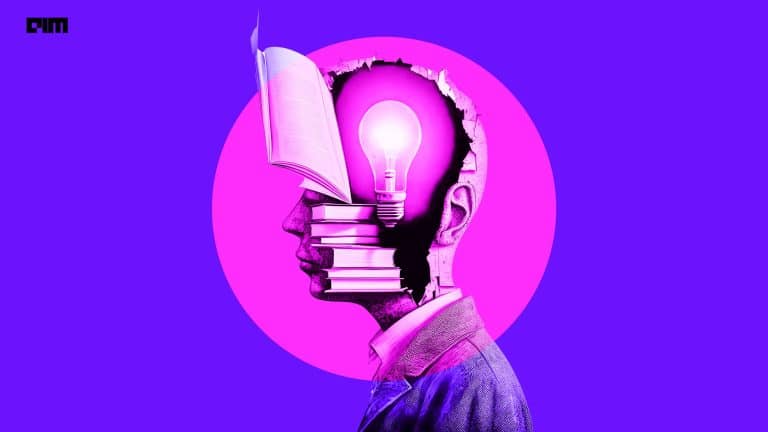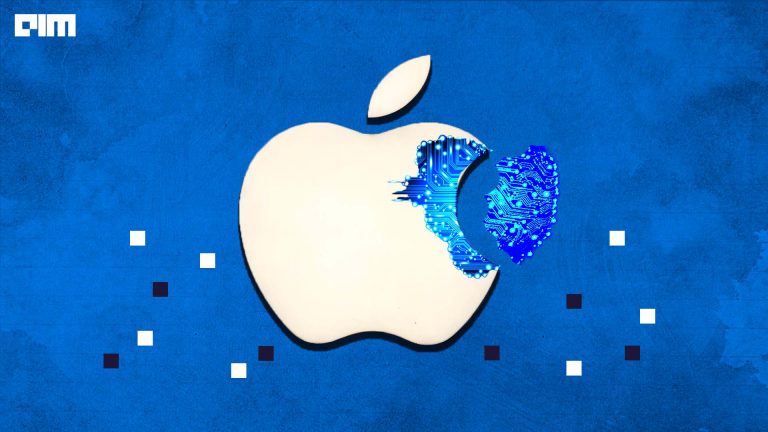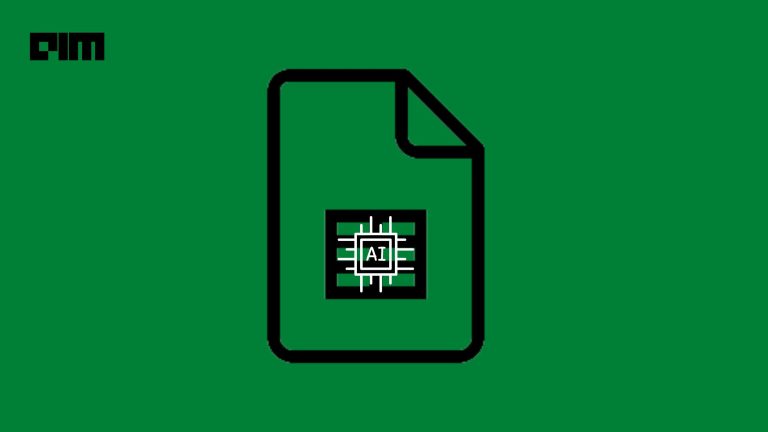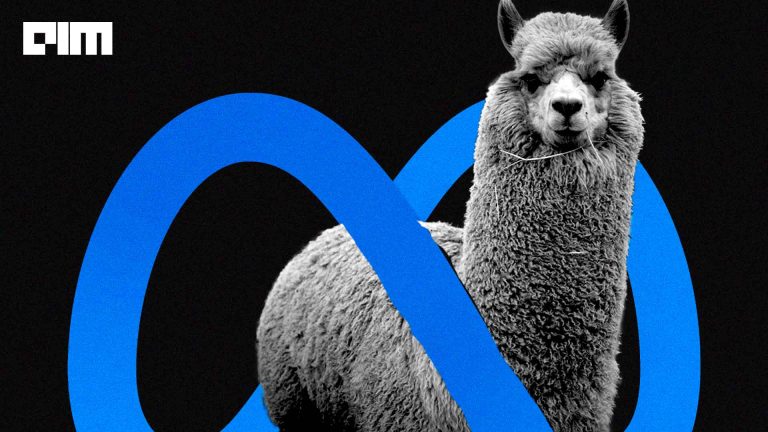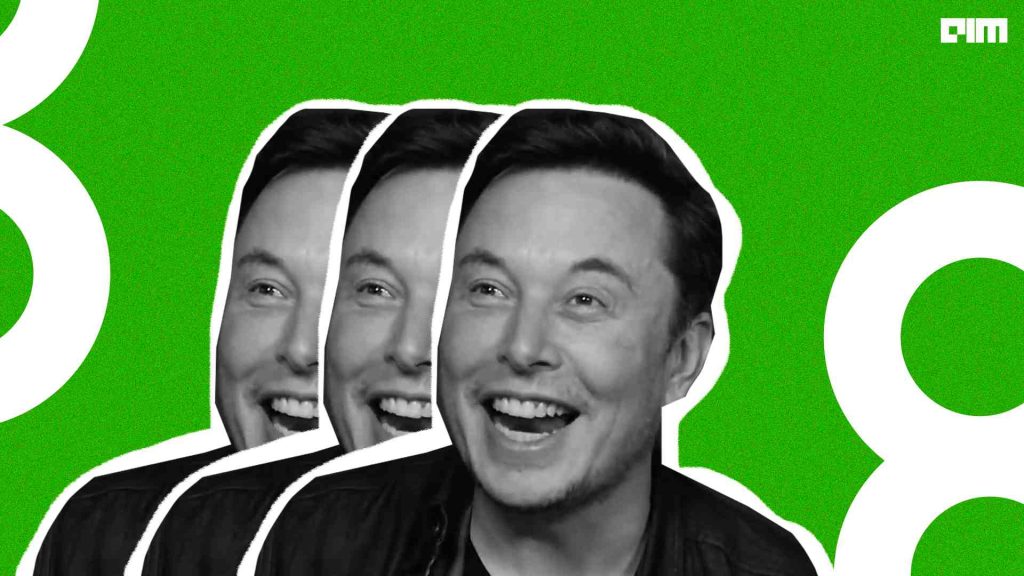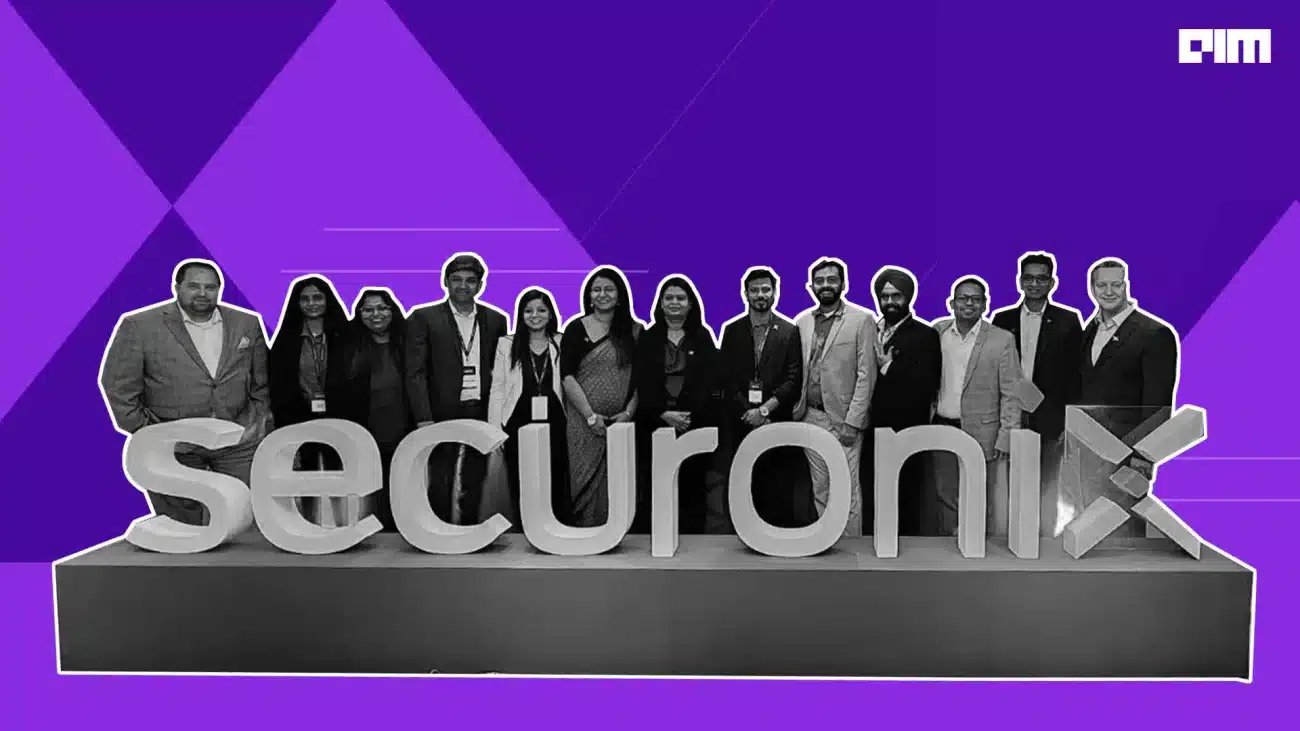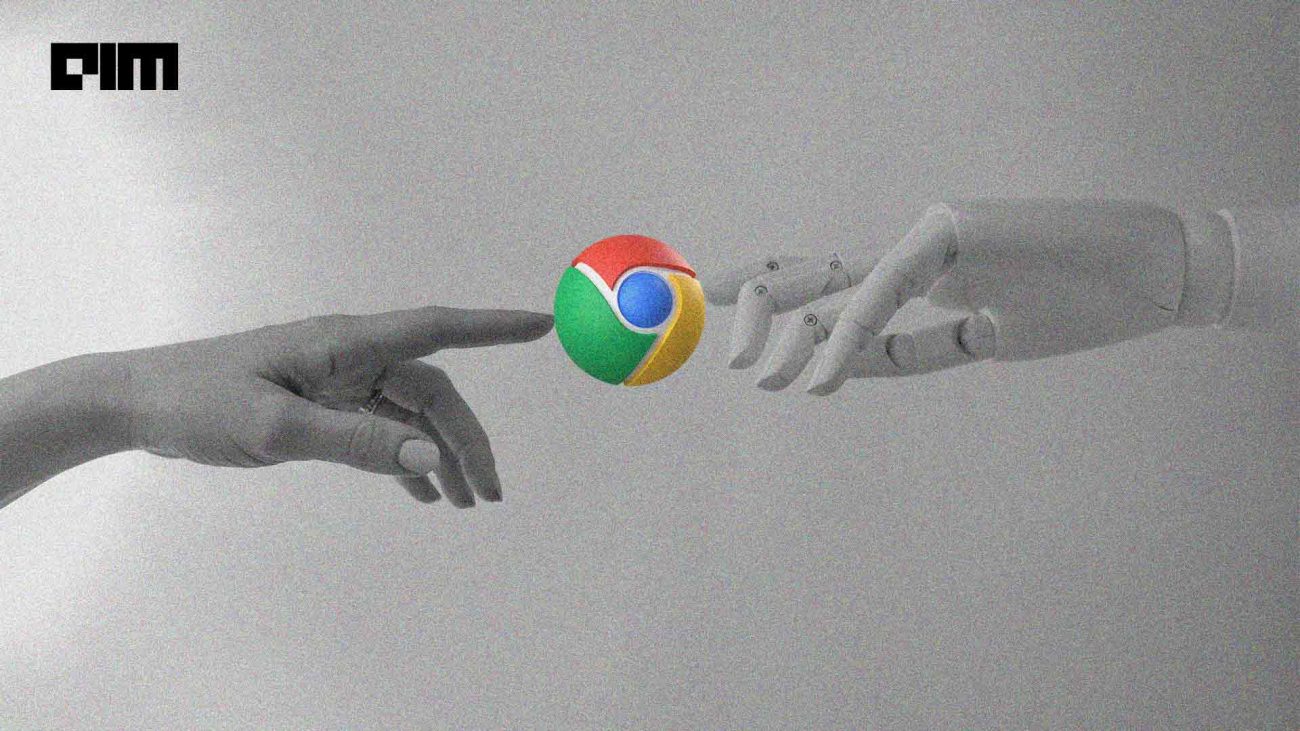|
Listen to this story
|
Last week at the Google Cloud Next 2023, the tech giant unveiled SynthID, a tool for watermarking and identifying AI-generated images, in lieu of their motto of keeping responsible AI at the forefront of all that they do. After generating images using Imagen, users can decide whether to include a watermark or not.
As decided in the last White House hearing, Google pledged to watermark AI-generated content to protect intellectual property rights and prevent any misleading representation of the content’s authenticity. This helps prevent incidents like the viral spread of misleading images, such as Pope’s Midjourney altered image in a stylish jacket or Trump’s fake arrest photo. SynthID is a step towards it.
However, there is a slight hiccup.
Although Google has come up with the “experimental” watermarking technique, the company is not addressing the main issue at hand – copyright.
The tech conglomerate, which is the flagbearer of the “bold and responsible” approach, recently revised its privacy policy stating that it will be extracting public data from web sources to improve its AI offering such as Bard and Cloud. The updated policy regarding “publicly accessible sources” is somewhat hidden behind a link inside the “Your Local Information” section of the blog post.
The Google situation is a bit tricky. It’s as if they want to use copyrighted data for training and then claim it’s copyrighted themselves.
To understand this better, imagine Google as a chef. They take your secret recipe, use it to cook delicious dishes, and then slap their own logo on the plates, claiming it as their own special creation. It’s like a never-ending cycle where they keep borrowing your recipes and pretending they came up with them, ignoring the whole conversation around copyright.
Google is Leading a Double Life
However, these tech giants don’t really care about lawsuits regardless of the issue. Back in July of this year, a class action lawsuit was filed against Google, alleging that the tech giant unlawfully appropriated the IP of “countless Americans” to develop innovations like the AI-driven chatbot Bard and that Google illicitly acquired their information, including personal and work-related data, images, and electronic correspondence, without obtaining user consent over an extended period.
Well, this is not the first time that Google has tried to hold up its “Good Kid” image but failed.
Its tryst with copyright controversies began in 2005 by launching Google Print, later known as Google Books, a project aiming to scan and share nearly every printed book globally. This move sparked opposition from publishers and authors who saw it as intellectual property theft. Google’s response was to shift the burden of enforcement onto copyright holders, adopting a “we’ll do it until someone tells us not to” approach.
Fast forward 18 years later, Google’s updated privacy policy states that they have full control over publicly available data unless the entity explicitly requests to exclude their data from being crawled.
Google’s extensive lobbying efforts to influence policy, including copyright and competition rules, costed them around $20 million to settle legal disputes. Again, in 2020, France demanded that Google should negotiate fair compensation for using copyrighted content, highlighting international regulatory disparities compared to the U.S. And now we have similar problems with AI-generated content.
Other AI Art Generators Don’t Really Care
Google recently launched Visualising AI as well. While not directly involved in image generation, Visualising AI has expanded into the global stock image and video market. However, unlike Google, companies behind AI image generators like Stability AI and Midjourney are taking a different route for copyright, often angering the artists. They don’t really care about responsible AI or copyright, either.
In a Forbes interview dated from last September, Midjourney’s founder, David Holz disclosed that their AI-image generator was trained using artworks and photos without the creators’ consent, sparking anger among artists and photographers. He openly acknowledged that the company used existing artworks and photos without permission, with no option for creators to opt out.
On the other hand, stock photo agency Getty Images initiated a lawsuit against Emaad Mostaque’s Stability AI alleging that the company trained their open source image generator Stability Diffusion on more than 12 million images from Getty’s database with no permission leading to copyright and trademark infringement. Additionally, Getty claimed that the inclusion of its watermark on some AI-generated images tarnished its trademark, further complicating the dispute.
Meanwhile, compared to Stable Diffusion’s over 10 million and Midjourney’s 15 million daily users, Imagen has a very limited user base. However, even though Google’s reach is low in the image generation market compared to other key competitors, considering the immense power it holds over the tech ecosystem, its every step needs to be mindful.
To prevent legal implications, the big techs are now going for partnerships as a new strategy. On one hand, Google is teaming up with Adobe for Firefly and Express integration while DeepMind is collaborating with artists to provide images on platforms like Pexels and Unsplash and maybe this is how Google will continue to be responsible, irresponsibly.
Read more: Google Turns AI ‘Bold & Responsible’





